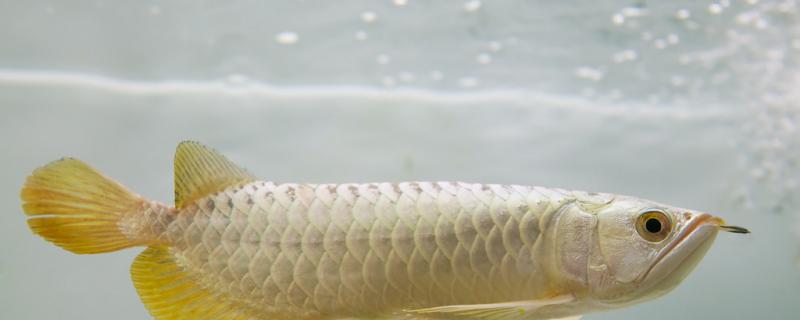 1. Fighting
1. Fighting 1. Reason: Arowana may fall off scales because of fighting. They are irascible and aggressive. If the feeding space is insufficient or the food is insufficient, it will cause them to fight, and scales may fall off in the process of fighting.
2. Solution: The breeder needs to separate the arowana immediately and soak the injured arowana in salt water or potassium permanganate solution for several minutes. Arowana needs a certain amount of time to recover after falling scales. During the recovery period, breeders need to pay attention to sterilization and disinfection.
2. Frequent water change1. Reason: Arowana scales may be caused by too frequent water change, and they are very sensitive to environmental changes. If the water is changed too frequently, it will cause them to fall off scales.
2. Solution: Breeders should reduce the frequency of water change or stop water change to keep the water quality stable. This can prevent them from falling scales again. After they are stable, change water or install filters in a small amount. As long as the water quality is stable, Arowana will not fall off scales again.
3. Sick1. Reason: Arowana may also be sick when it falls off scales, and common parasitic infection or bacterial infection will cause them to fall off scales.
2. Solution: If it is bacterial infection, the breeder needs to fish them out and raise them separately, and then soak them in potassium permanganate solution. Soak once a day for 15-20 minutes each time. If it is a parasite infection, the breeder needs to clean up the parasite first, and then take a medicated bath with trichlorfon or metronidazole.